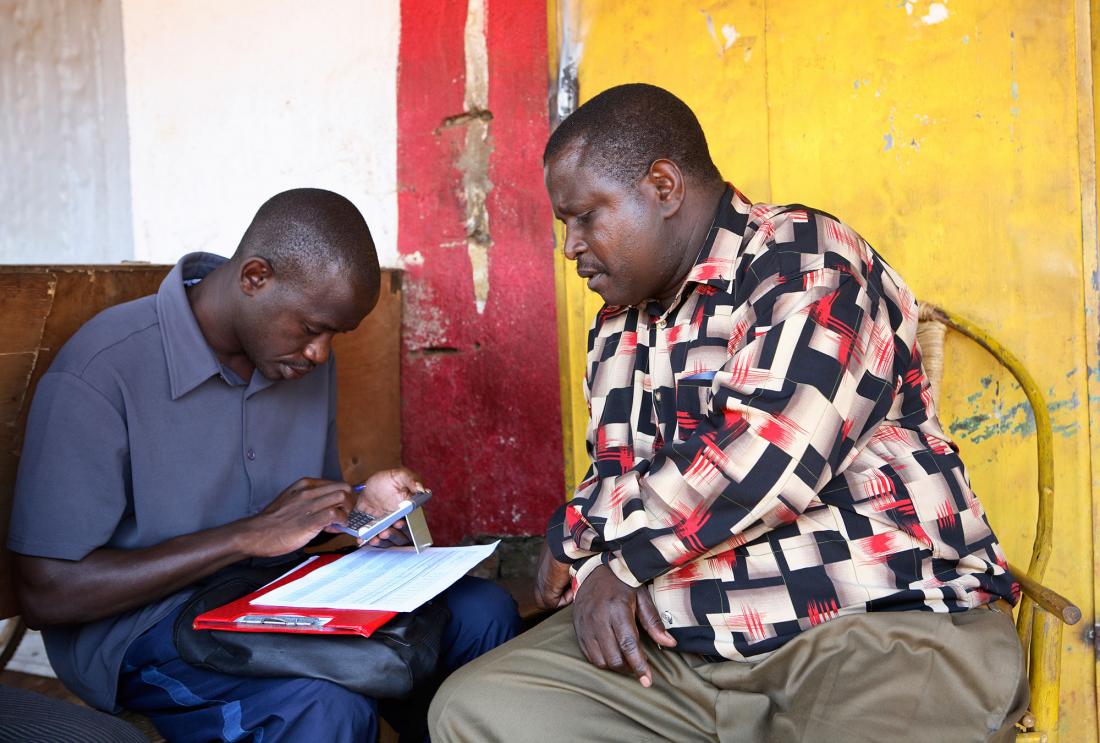The Role of Mobile Banking in Expanding Trade Credit and Business Development in Kenya
- Small and medium enterprises
- Technology adoption
- Profits/revenues
- Credit
- Digital and mobile
Trade credit, which is usually provided by up-stream suppliers to down-stream firms, can help small businesses to purchase non-perishable goods for resale and free up resources for other uses. However, provision of trade credit may be limited by high transaction costs, up-stream liquidity constraints, and concerns over repayment. In Kenya, researchers are evaluating the impact of a new method of extending trade credit facilitated by mobile banking and inventory management technologies on small business development.
Policy issue
Access to finance is a critical constraint for small businesses everywhere. Credit provided by up-stream suppliers to down-stream firms ("trade credit") can relax the constraints on capital. Trade credit can help small businesses, like retail shops and kiosks, to purchase non-perishable goods for resale and free up resources for short- and long-term uses. However, the provision of this type of credit may be limited by high transaction costs, up-stream liquidity constraints, and concerns over repayment. As trade credit agreements in low-income countries usually involve small amounts, judicial systems are unlikely to enforce repayment of loans in court. Without a system to distribute small loans in an economically feasible manner and manage repayment, suppliers have little incentive to extend this service. This project evaluates a new method of extending trade credit facilitated by mobile banking and inventory management technologies, and will shed light on the potential of trade credit to foster small business development in a developing country context.
Context of the evaluation
Working with Financial Sector Deepening (FSD), a Kenyan Trust focusing on development of financial services for the poor, researchers will evaluate a trade credit product that uses a mobile network to increase the efficiency of loan origination and repayment. In collaboration with FSD, a large supplier of non-perishable products (the Coca Cola Bottling Company (CCBC)), and a Kenyan bank (Equity Bank), researchers will conduct a randomized evaluation of the new trade credit product.
This technology has the potential to overcome two particular challenges. First, by reducing the transactions costs of making repayments, new mobile technologies make it economically feasible to offer trade credit products requiring small, frequent repayments. Second, the centralized information system allows centralized monitoring of both credit and repayment histories.

Details of the intervention
CCBC uses 240 independently owned distributors to deliver its products to about 40,000 retail outlets in Kenya. These retailers typically make purchases (in cash) and take delivery of product once every few days, depending on expected demand and available cash on hand. There is presently no pre-ordering of any sort in the supply chain, and no short-term credit. All payments are made in cash at or just prior to the time of delivery.
CCBC will automate their supply chain, enabling every case of product to be recorded and tracked at the retailer level. A natural next step in the automation process is to integrate financial transactions. This project takes advantage of this advance in supply chain automation to build in a trade credit product. In particular, the tracking system will allow real-time monitoring of both cash and mobile phone-based transactions, and hence enable more efficient administration of credit contracts. Critically, the trade credit will be provided not by the independently owned distributors, but by Equity Bank via its in-house mobile banking platform. This is the feature that makes the trade credit product viable for a larger number of retailers.
The project will involve working with 1,200 retailers selling Coke products in and around Nairobi, Kenya. Of these, two thirds will receive the trade credit. While all credits will be repayable to Equity Bank, the distributors of Coke products will be given explicit incentives to ensure repayment for half the retailers to whom the credit is offered. The study will assess the commercial viability of the product, the role of distributors in administering it, and its impact on business development and employment creation. If the intervention is profitable for lenders and borrowers, the project partners are keen to expand the credit product at a much larger scale and to other suppliers.
Results and policy lessons
After a series of problems in rolling out the credit product, this study was canceled.

